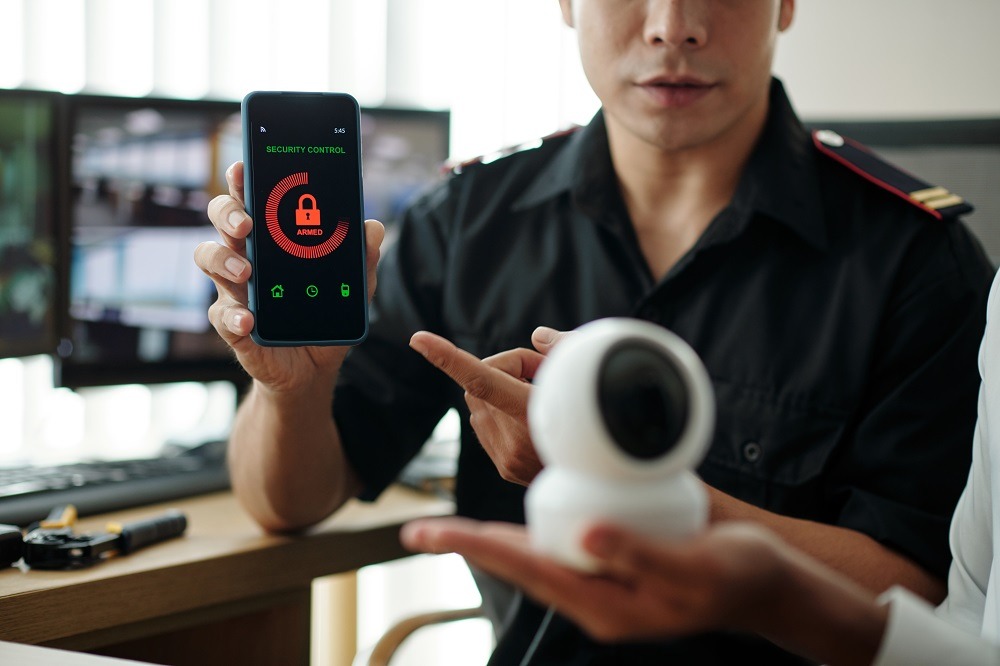In today’s digital world, WiFi security is key to protecting homes and businesses from cyber threats. Weak WiFi network settings leave doors open to hackers, data theft, and unauthorized access. This guide offers clear steps to secure your network against modern risks.

Key Takeaways
- Strong encryption and passwords prevent unauthorized access.
- Outdated routers create vulnerabilities that need regular firmware updates.
- Guest networks safeguard private data from visitors.
- Monitoring network activity detects suspicious behavior early.
- Layered security reduces the chance of successful cyberattacks.
Understanding the Basics of WiFi Security
Protecting your wireless network starts with knowing where threats come from. Weak passwords, unpatched devices, and ignored settings are common entry points. This section covers key concepts to boost your network’s security.
What Makes a Network Vulnerable
- Default admin credentials like “admin/admin” are easy targets for hackers.
- Outdated firmware on routers leaves known exploits unaddressed.
- Short, guessable passwords enable brute-force attacks.
Common WiFi Attack Methods
Criminals employ these tactics to breach networks:
- Wardriving: Scanning for unsecured networks in public areas.
- Evil Twin Attacks: Fake hotspots trick users into sharing login details.
- Packet Sniffing: Unencrypted data is intercepted and analyzed.
The Importance of Layered Security
No single measure can protect you completely. Using strong passwords, updating firmware regularly, and encryption protocols creates a strong defense. Layered security reduces the risk of a single weakness compromising your WiFi security.
Why WiFi Security Matters in Today’s Connected World
Today, we all rely on wireless networks. But weak WiFi security puts our homes and businesses at risk. Cybercriminals use unsecured networks to steal our money, personal info, and business secrets. The FBI has seen a 60% rise in cyberattacks since 2020, with weak networks being a major entry point.
Any device on a secure WiFi connection is a target for hackers. They can take control of smart home systems, listen in on video calls, or spread malware. In 2022, a healthcare provider lost patient records because of a weak network setup.
- Identity theft: Stolen login credentials can lead to credit fraud and social engineering scams.
- Financial harm: Attackers can access bank apps or reroute payments via unsecured connections.
- Reputation damage: Businesses face lawsuits and customer distrust after data breaches.
Essential WiFi Encryption Protocols
Choosing the right encryption is key to keeping your network safe. Modern WiFi encryption standards protect your data and block unwanted access.
|
Protocol |
Security Level |
Compatibility |
Recommendation |
|
WEP |
Broken |
Very old devices |
Do not use |
|
WPA |
Weak |
Early 2000s devices |
Replace with newer protocols |
|
WPA2 |
Strong |
Most modern gear |
Use if WPA3 unavailable |
|
WPA3 |
Robust |
Newer devices |
Best choice for 2023 |
Securing Your Wireless Router
Your wireless router is the foundation of a protected network. These security best practices help block unauthorized access.
Changing Default Credentials
Attackers know the default admin usernames and passwords. Change them right away:
- Go to the admin panel by using your router’s IP address (like 192.168.1.1).
- Find the “Administration” or “Login” settings.
- Use a strong, unique password instead of the default one.
Router Firmware Updates
Old firmware can be a security risk. Most routers update automatically, but it’s good to check manually.
Disabling Remote Management
Turn off remote management to stop outsiders from accessing your router.
- Admin panel > Remote Management tab.
- Uncheck “Enable Remote Management” or set it to “Off.”
- Save your changes.
Creating and Managing Strong WiFi Passwords
A good password should:
- Contain uppercase and lowercase letters, numbers, and symbols.
- Be at least 12 characters long.
- Avoid birthdays, names, or common words.
- Use a passphrase like “CoffeeShop_Roast!2023” for easy remembering.
Change your WiFi password immediately if you suspect unauthorized access or if it has been shared widely. Regular changes are not necessary unless a security concern arises.
Optimizing Network Configuration for Security
SSID Broadcasting: Should You Hide It?
Turning off SSID broadcasting does not provide significant security benefits and may cause connection issues for legitimate users. Instead, focus on using WPA3 encryption and strong passwords for better security.
MAC Address Filtering
MAC filtering provides a minor security layer, but it can be bypassed by attackers who spoof MAC addresses. Instead, prioritize WPA3 encryption and network segmentation.
WiFi Security Monitoring & Management Tools
Free Network Analyzers Worth Using
- Wireshark: Captures real-time data to spot unusual traffic patterns.
- WiFi Analyzer: Identifies channel congestion and potential interference.
- Router Logs: Check activity logs to detect unauthorized access attempts.
VPNs and Your WiFi
VPNs encrypt your data before it hits your network. Choose a reputable provider like NordLayer, Private Internet Access, ProtonVPN, or Mullvad VPN.
Conclusion: Maintaining Long-Term WiFi Security
Keeping your wireless network safe is a constant job. Regular updates, monitoring, and best practices help prevent cyber threats.
- Update your router firmware and settings monthly.
- Monitor connected devices for unusual activity.
- Use WPA3 encryption and strong passwords.
- Follow cybersecurity news to stay informed on emerging threats.
By implementing these measures, you can ensure your network remains secure over time.















